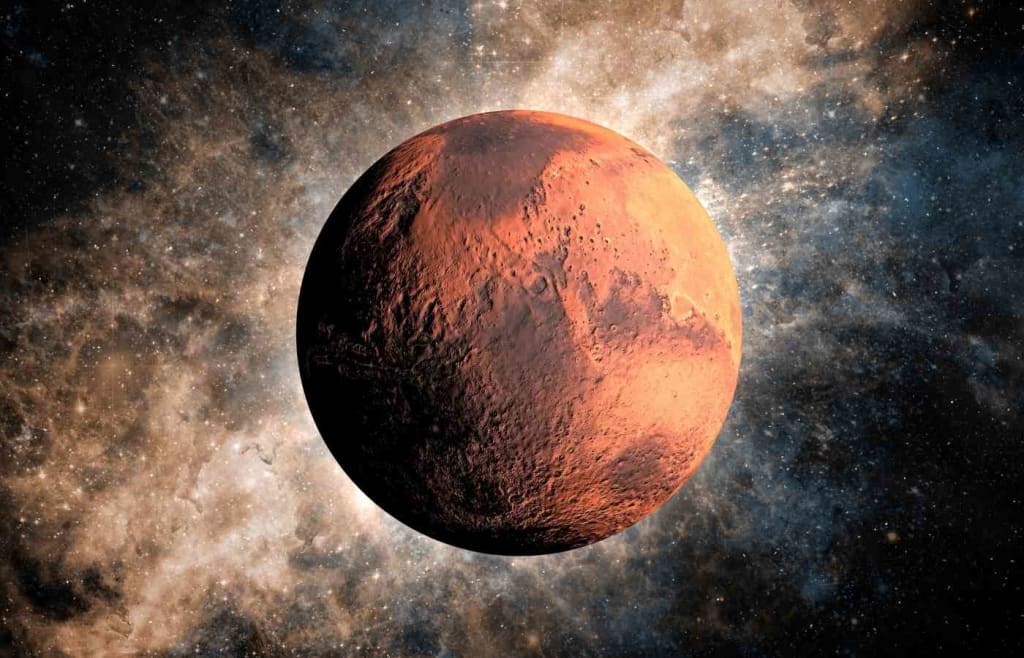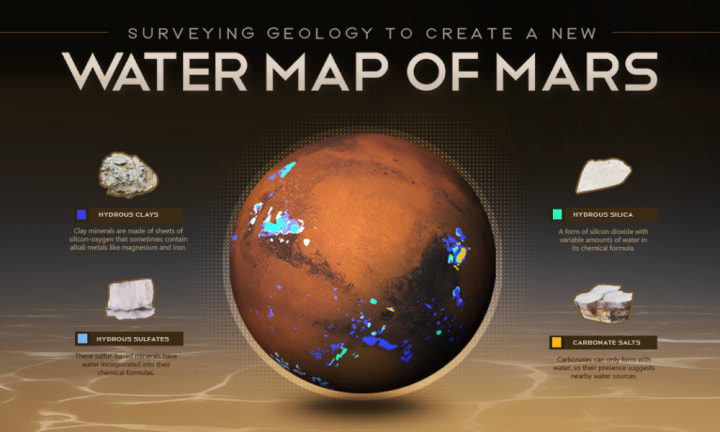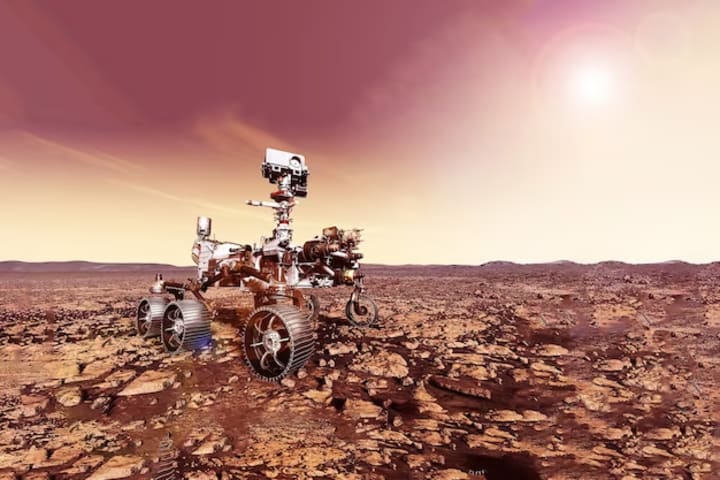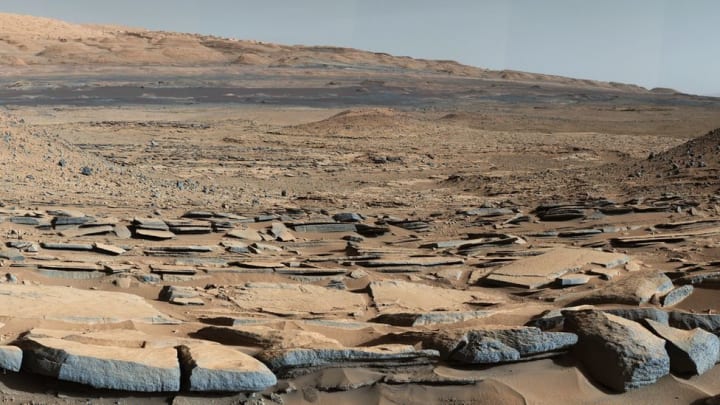The Red Planet "MARS".
Life in mars is possible

There has been much speculation about the possibility of life on Mars. While no definitive evidence of extraterrestrial life on Mars has been found, there are some intriguing clues that suggest the possibility of microbial life or even more complex organisms.
Mars is the fourth planet from the sun and is also known as the Red Planet due to its distinctive reddish appearance in the night sky. It has been a subject of fascination for astronomers and space enthusiasts for centuries due to its proximity to Earth and its potential to harbor life.
In recent years, there have been several missions to Mars aimed at exploring its surface, atmosphere, and geology. One of the most notable of these is the Mars Exploration Rover mission, which was launched by NASA in 2003 and landed on Mars in January 2004.

One of the key objectives of the mission was to search for evidence of past or present microbial life on the planet. To achieve this, the rovers were equipped with a suite of scientific instruments, including cameras, spectrometers, and a robotic arm for collecting rock and soil samples.
Over the years, the rovers have sent back a wealth of data and images that have provided new insights into the geology and atmosphere of Mars. They have also discovered several features that suggest the possibility of life on the planet.
One of the most intriguing discoveries is the presence of methane gas in the Martian atmosphere. Methane is a key indicator of the presence of life as it is produced by living organisms, as well as by geological processes.

In 2018, NASA's Curiosity rover detected a sudden spike in methane levels on Mars, which was a significant finding as the gas has a relatively short lifespan in the atmosphere. While the source of the methane remains unclear, it is possible that it could be produced by microbes living deep underground.
Another piece of evidence that has raised the possibility of life on Mars is the discovery of organic molecules in Martian rocks. Organic molecules are the building blocks of life, and their presence in Martian rocks suggests that the planet may have had the necessary conditions for life to evolve in the past.

In 2018, scientists announced that they had found organic molecules in sedimentary rocks on Mars that were billions of years old. The discovery was made by analyzing samples collected by NASA's Curiosity rover, and it was the first time that complex organic molecules had been found on the planet.
While these discoveries are intriguing, they are not conclusive evidence of life on Mars. Methane gas can also be produced by geological processes, and organic molecules can be formed through non-biological means.
However, there are other features on the surface of Mars that suggest the possibility of life. For example, there are several areas on the planet where liquid water appears to flow during the warmer months, creating streaks on the surface known as recurring slope lineae.
Liquid water is essential for life as we know it, and the presence of flowing water on Mars suggests that it may be possible for microbial life to survive in these areas. In 2015, NASA's Mars Reconnaissance Orbiter detected hydrated salts in these areas, providing further evidence of the presence of liquid water.
Another feature that has raised the possibility of life on Mars is the discovery of subsurface lakes. In 2018, scientists announced that they had found evidence of a large underground lake on Mars, buried beneath layers of ice near the planet's south pole.
The lake is thought to be several kilometers wide and could contain liquid water, which could potentially support microbial life. While the discovery has not been confirmed, it has raised the possibility of other subsurface lakes on the planet.
In conclusion, while there is no definitive evidence of extraterrestrial life on Mars, there are several features that suggest the possibility of microbial life or even more complex organisms. The presence of methane gas,
About the Creator
Y Vishal Kumar
I am from India grew up in India "my blood group is India" that much I love my country. Its my passion to write articles stories which comes through my mind. I love to share the stories of my diverse country.
Enjoyed the story? Support the Creator.
Subscribe for free to receive all their stories in your feed. You could also pledge your support or give them a one-off tip, letting them know you appreciate their work.






Comments
There are no comments for this story
Be the first to respond and start the conversation.